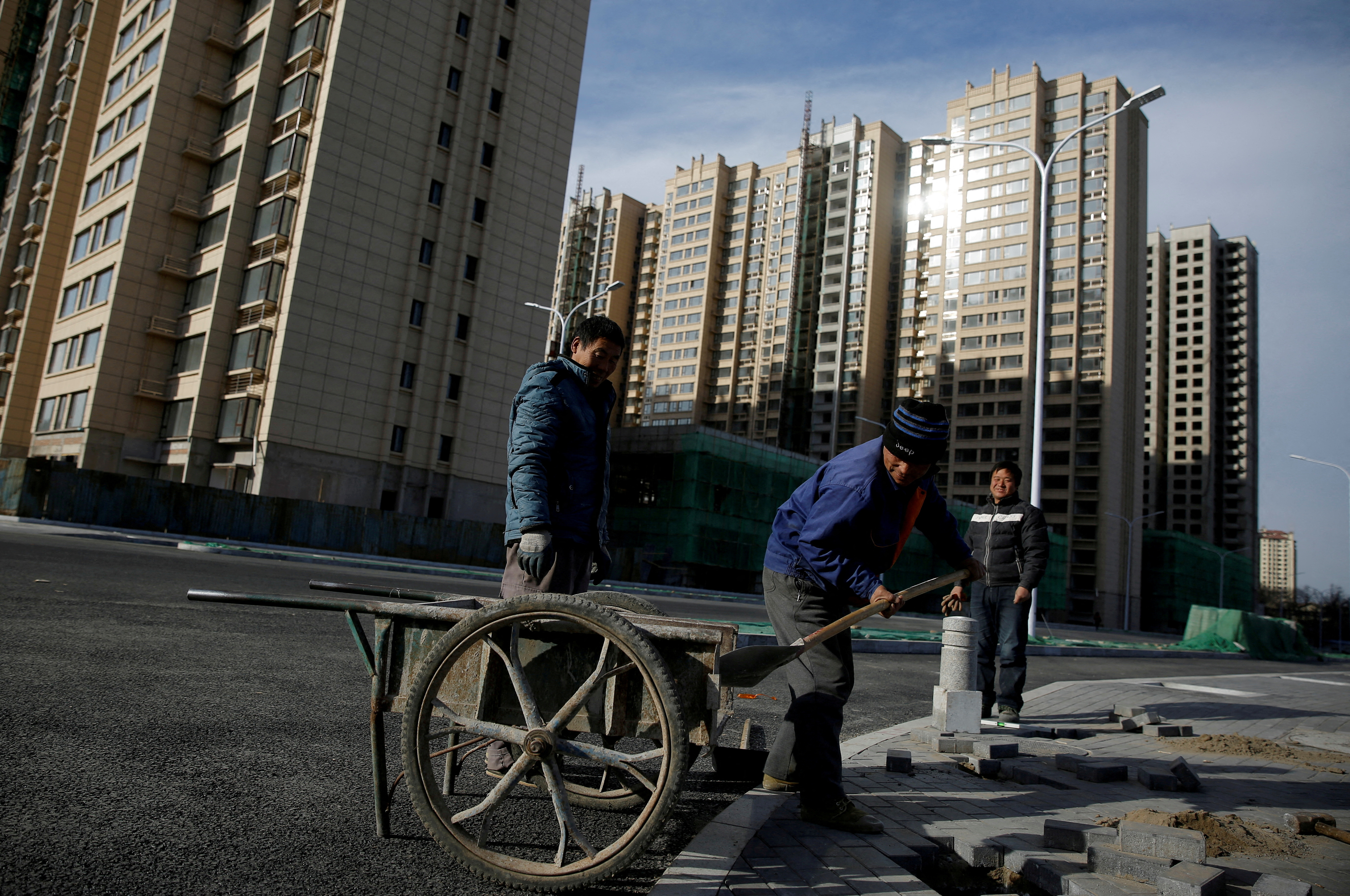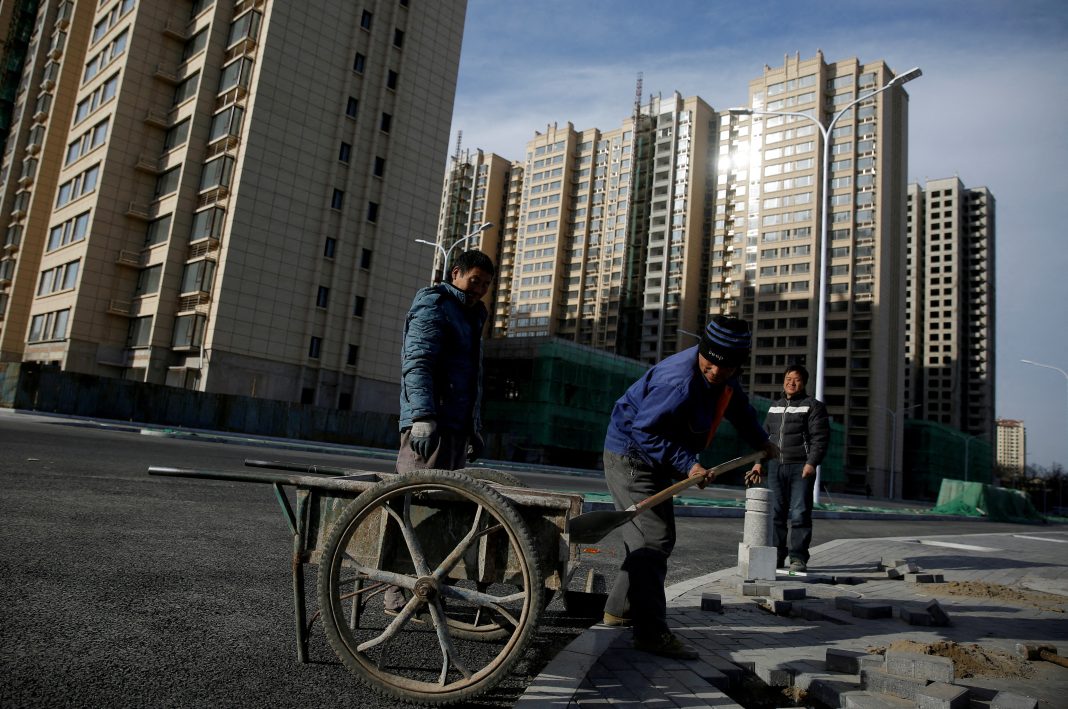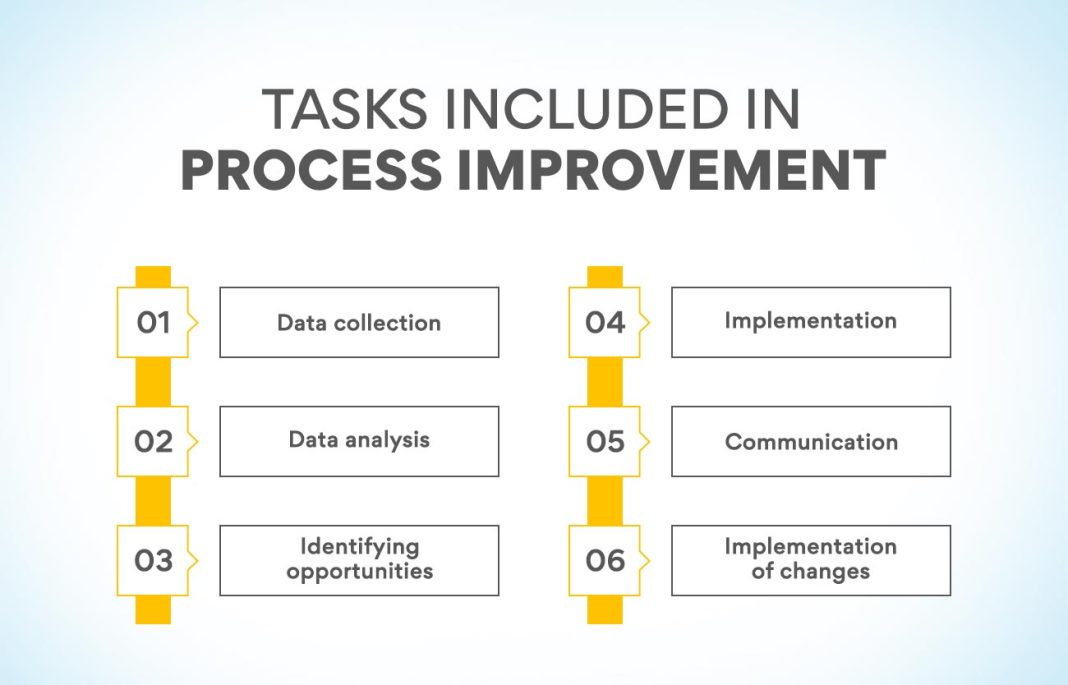 China’s economy is facing significant challenges as lending and borrowing continue to decline. The recent data released by the People’s Bank of China (PBOC) reveals that total bank and non-bank financing, known as “total social financing,” decreased by 11 percent from the previous year’s first quarter. Additionally, loans issued by banks during the first three months of 2024 were significantly lower than the same period in 2023. These numbers fall below economists’ expectations and indicate a concerning trend in the country’s economic and financial health.
China’s economy is facing significant challenges as lending and borrowing continue to decline. The recent data released by the People’s Bank of China (PBOC) reveals that total bank and non-bank financing, known as “total social financing,” decreased by 11 percent from the previous year’s first quarter. Additionally, loans issued by banks during the first three months of 2024 were significantly lower than the same period in 2023. These numbers fall below economists’ expectations and indicate a concerning trend in the country’s economic and financial health.
One of the main causes of this decline in financing is the ongoing property crisis in China. Evergrande, a major property developer, announced its inability to service its liabilities in 2021, triggering a chain reaction that has negatively impacted construction activity and sales of homes. Construction activity has dropped by 33 percent compared to last year, and home sales have decreased by 30 percent. The situation is particularly dire for millions of individuals who took on mortgage debt to prepay for apartments that may never be built due to the failures of these developers.
However, the problems extend beyond the property crisis. The failures of Evergrande and other developers have undermined the effectiveness of Chinese finance as a whole. Many buyers who prepaid for unfinished apartments have refused to pay their mortgages, leading to a significant amount of questionable debt for banks and lenders. This legacy of questionable debt has created doubts about the financial health of potential borrowers, causing hesitation in trading and normal flows between financial institutions. This phenomenon is reminiscent of what occurred during the 2008-2009 financial crisis in the United States and has resulted in a diminished ability of Chinese financial markets to support economic growth.
The attempts by the PBOC to mitigate these issues through interest rate cuts have had limited success. Despite cutting interest rates five times in the past year, these cuts have been small and have left Chinese financial markets with higher real interest rates. This discourages borrowing and hampers the effectiveness of monetary policy in stimulating economic activity.
Even if the PBOC were to take more decisive action, addressing the property crisis directly would be crucial. Unfortunately, the authorities were slow to respond, allowing the problems to worsen and undermine financial market stability. When they did offer support for unfinished apartments, the amounts committed were inadequate compared to the magnitude of the issue. Beijing’s response has fallen short, with the government only covering a fraction of the initial losses incurred by Evergrande and other developers.
In conclusion, China’s declining lending and borrowing reflect deeper economic problems and a property crisis that has had a significant impact on the country’s financial markets. The inadequate response from authorities and limited effectiveness of monetary policy have further exacerbated these issues. Addressing these challenges will require proactive measures to stabilize the property market and restore confidence in China’s financial system.


